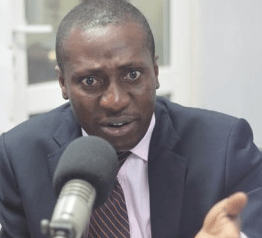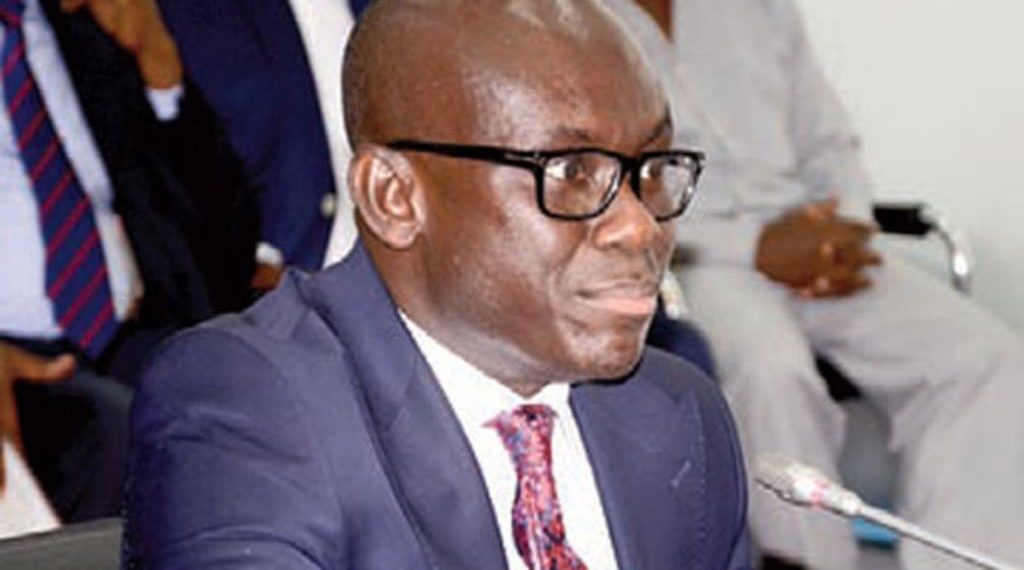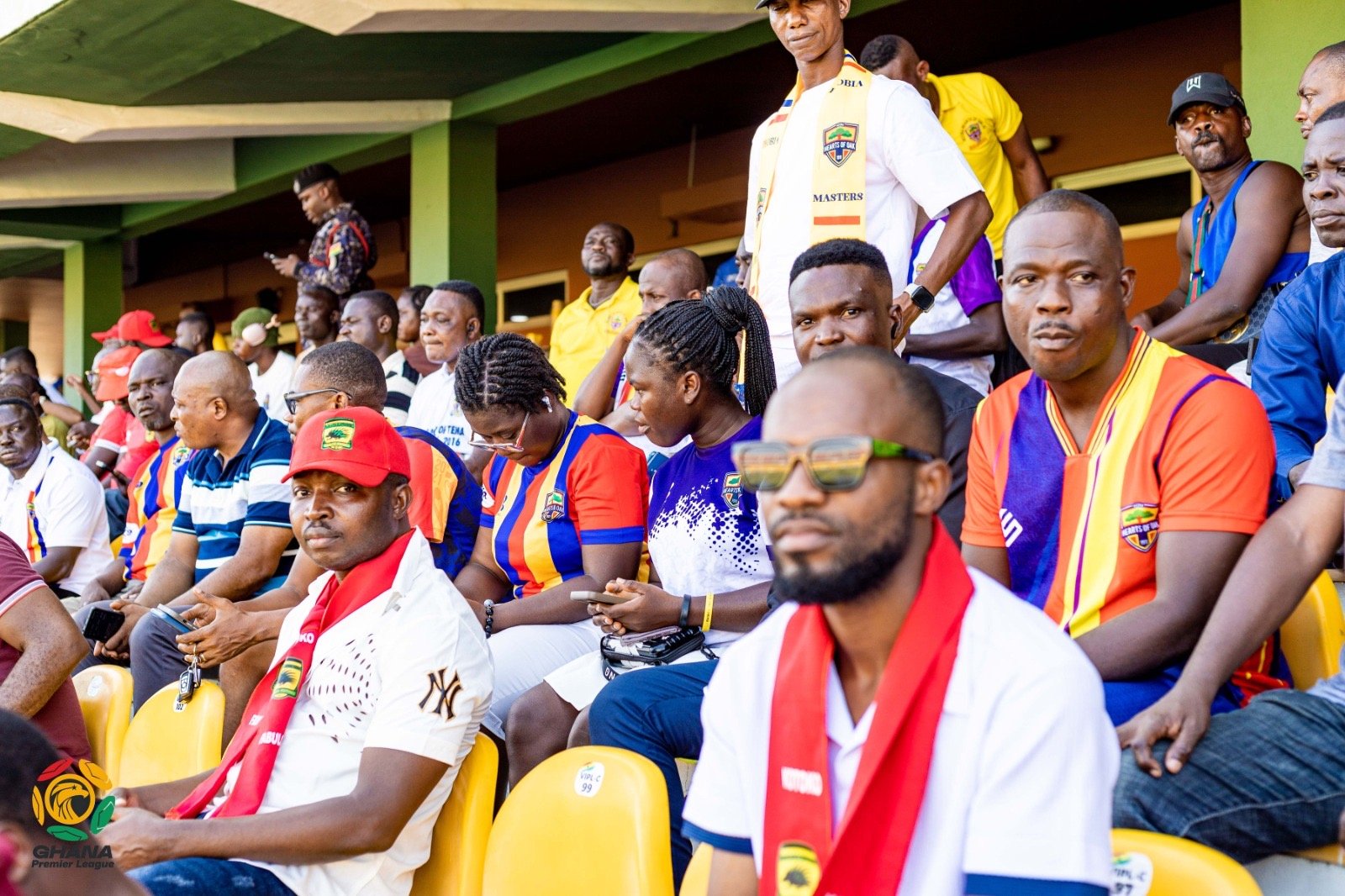
By Belinda BAFFOUR-NSAFOAH
In today’s world, children are confronted with an alarming array of challenges that grow more complex by the day. According to the World Health Organization (2024), over 1 billion children aged 2 to 17 experience physical, sexual or psychological violence each year.
This sobering statistic reflects a global crisis, one that cuts across borders, cultures and socio-economic divides. From emotional neglect and sexual exploitation to physical abuse and digital harassment, millions of children begin each day in environments that jeopardise their safety, hinder their development and erode their dignity.
Compassion International Ghana (CIGH) holds firmly that the protection of children lies at the very heart of God’s purpose. This conviction is rooted in Proverbs 31:8–9 (NIV): “Speak up for those who cannot speak for themselves, for the rights of all who are destitute.
Speak up and judge fairly; defend the rights of the poor and needy.” Guided by this scripture, CIGH affirms that every child has the inherent right to be safeguarded from all forms of abuse, violence and exploitation. Only in a safe and nurturing environment can children truly survive, thrive and grow into the fullness of their God-given potential.
In Ghana, the statistics on child abuse are deeply troubling. Behind every number is a real child, each with a name, a dream and an undeniable right to protection. It is heartbreaking to recognise that every minute lost to abuse is a minute stolen from a child’s future. This demands urgent and collective action.
Parents, educators, media professionals and policy-makers must rise to the challenge: speak out, break the silence and reinforce child protection systems. Only then can we ensure that every child in Ghana grows up in a safe environment, free from fear and full of hope.
The media plays an important role in advocating for the rights of children and in shaping public understanding of child protection issues. We are in an age where stories and news travel faster than ever. The media holds immense power and responsibility in shaping how society views and responds to child protection issues. There is, therefore, the need for ethical reporting that protects children.
Media coverage of child abuse cases carries the potential to shape public perception and influence societal response for better or worse. On the positive side, responsible reporting can raise awareness, spark urgent social change and mobilise action from communities, policy-makers and support services. It can educate the public on children’s rights, highlight protection gaps and promote accountability by exposing systemic failures or harmful cultural norms.
However, when reporting is careless or unethical, it can cause significant harm. Revealing a child’s identity, sensationalising trauma, using stigmatising language or presenting stories in a biased or exploitative manner can violate the victim’s privacy and dignity. Such practices risk retraumatising survivors and undermining their path to recovery.
Ultimately, media can serve as either a shield or a spotlight. When guided by ethics, empathy and a commitment to child protection, it becomes a powerful ally in safeguarding Ghana’s children and amplifying their voices.
Recent child abuse or sexual abuse stories in Ghana have highlighted how swiftly a child’s story can spread across digital platforms, often without the child’s consent or comprehension of the consequences. While many of these stories are shared with good intentions, some forms of coverage have inadvertently exposed victims to public ridicule, retraumatisation or further abuse.
This underscores the urgent need to rethink how we tell these stories. A shift is required, one that places the child’s dignity, privacy and protection at the centre of every narrative. Ethical storytelling, guided by empathy and responsibility, must become the standard in media coverage involving children.
To protect children and uphold journalistic integrity, media professionals should follow these key ethical principles:
- Protect the child’s identity – The child’s name, photo (face) or any identifiable details (location, school, family) should not be published. We can use pseudonyms, initials or blur images or remove identifiable features in visuals.
- Prioritise the child’s safety and dignity – Avoid sensationalism or language that dramatises the child’s experiences. Focus on facts and content rather than emotionally manipulating the story. Also avoid victim-blaming.
- Seek informed consent – Always involve the caregiver or legal guardians by seeking their consent; but be cautious if they are the perpetrators of the abuse. Also consult a child protection expert before publishing sensitive content.
- Collaborate with experts and professionals – Work with social workers, psychologists and other child rights advocates to ensure responsible storytelling to ensure accuracy and sensitivity.
- Focus on the solution – Highlight the support systems, community responses and policy reforms, not just the traumatic experience.
- Follow legal and ethical guidelines – Adhere to national laws such as the Children’s Act (1998), Data Protection Act (2012) and other international standards such as the UN Convention on the Rights of the Child. All these provide a legal framework for protecting children’s rights to safety, dignity, privacy and participation. Also, the National Media Commission (NMC) offers ethical guidelines for journalists.
It is important to recognise that in many Ghanaian communities, values such as discretion and family honour are deeply rooted. These cultural norms can make public reporting on child abuse particularly complex, often discouraging open dialogue or disclosure.
As a result, media professionals face the delicate task of balancing the imperative to raise awareness with the need to respect cultural sensitivities and individual rights. Ethical reporting must navigate this terrain with care, ensuring that stories are told with dignity, empathy and a commitment to protecting both the child and the community’s values.
A humble call to action: To truly safeguard Ghana’s children, we must harness the power of storytelling with responsibility and care. Media houses, influencers and bloggers are urged to adopt child protection policies and train their teams in ethical reporting practices.
The stories they tell can either protect or expose; let them be shields, not spotlights. Schools of Journalism should take proactive steps to integrate child rights and protection into their curricula, ensuring that future media professionals are equipped with the knowledge and sensitivity required to report on child abuse responsibly.
Civil society organisations are also called upon to collaborate with media platforms, fostering partnerships that promote accurate, empathetic and respectful storytelling. Together, we can build a media landscape that not only informs but protects, empowers and uplifts every child.
In closing, when the media embraces child-centred storytelling, one that safeguards identities and avoids harm, it becomes a powerful force for good. It can amplify the voices of the vulnerable, challenge injustice and uphold the dignity of every child across Ghana and beyond.

Let us all remember: every child deserves dignity, safety and respect, even in the headlines. Whether we are journalists, influencers, educators or advocates, our words carry weight. Let our stories be used to protect, not expose. Let them build futures, not break them. Together, we can ensure that every story told becomes a shield of hope for Ghana’s children.
>>>the writer is a Child Protection Specialist with over a decade of experience in promoting the safety and well-being of children. She supports Compassion International Ghana’s efforts to ensure that children under its programme are protected from all forms of abuse, neglect and exploitation. Her work focuses on strengthening child protection systems and building the capacity of church partners and caregivers to provide safe, nurturing environments for children to thrive. Compassion International Ghana (CIGH) is a Christian child development organisation that partners with local churches to help children break free from poverty. For the past 20 years, CIGH has provided education, healthcare, skills training and spiritual support through church-run Child Development Centres. Today, it supports more than 100,000 children and youths across 13 of Ghana’s 16 regions.
The post The role of media in reporting child protection issues appeared first on The Business & Financial Times.
Read Full Story























Facebook
Twitter
Pinterest
Instagram
Google+
YouTube
LinkedIn
RSS